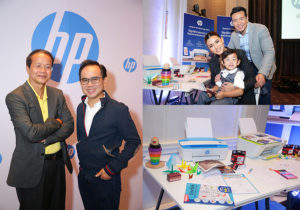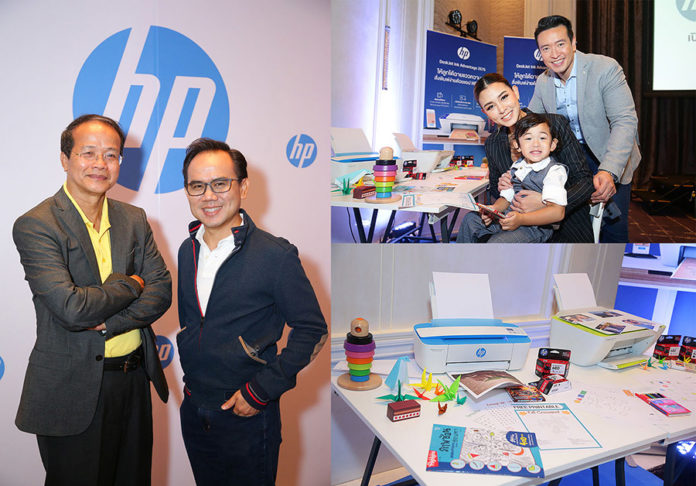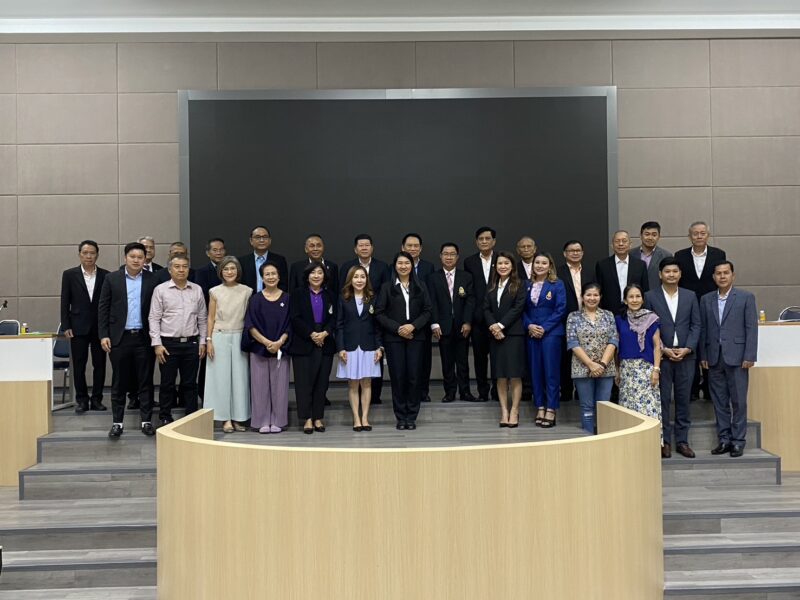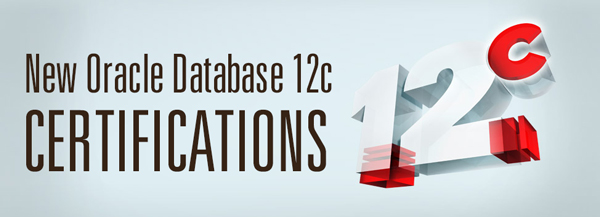
SURVEY SHOWS – Parents Are Most Concerned About Future-Proofing Their Children and Revealing statistics and topics of interest of modern families towards learning of children in order to lay the foundation for the future.
Key Highlights:
• Future-proofing children are the greatest concern for all parents. They worry for a child’s cost living, job security, and having the right skills to be employable in the future job market.
• 90% of Thai Parents love to help their children learn by exposing them to new ideas and experiences.
• 57% of Thai Parents use mix of print and digital for art, teaching linguistic at 56% and musical skills at 41%.
• HP clarifies the role of digital and print resources in facilitating learning outcomes that promote healthy development and prepare children for the future workplace.
THAILAND, 30 July, 2019 — HP Inc. Thailand today organizes an Exclusive Talk on key insights from “The New Asian Learning Experience” study. Led by Pavin Vorapruck, Thailand Managing Director, HP Inc., the session Prof.Somphong Chittradub, Ph.D. an influential educator and a couple of famous actor parent, Chai-Chartayodom and Vicki-Sunisa, the session discussed various perspectives of how young learners can be supported and made to be future-ready in relation to the survey results.
“As a parent, this study gives valuable insights on how learning is evolving and where our innovations can ensure our young learners thrive,” said Pavin Vorapruck, Thailand Managing Director, HP Inc. “At HP, we are committed to aligning with the focus of Thai parental focus on print and digital learning making a positive impact on their children’s lives. To prepare the young learners for the future, we are creating new, immersive learning experiences through our innovative printers and personal computers.”
HP New Asian Learning Experience Study that engaged 3,177 respondents across India, China, Thailand, Malaysia, Singapore, Indonesia and the Philippines – identified the unique mindsets of parents, how they define learning, the types of learning experiences they value, their involvement in helping their children learn, and their hopes and fears for their children’s future.
HP Survey Identifies Parental Focus on Preparing Children for the Future
The survey indicated that parents are extremely focused on future-proofing their children – by preparing them for opportunities of the future workplace. Amidst the advancements, parents are concerned that their children will be unable to keep up with the pace of change and remain competitive for the future. The top key insights from the survey were the following;
• Future proofing children is greatest concern for all parents
–> Across all markets, Cost of Living (66% of parents), Job Security (42% of parents), and having the Right Skills for Future Roles (54% of parents) are the top concerns related to future-proofing.
–> The rising cost of living is the biggest concern amongst millennial parents in Thailand (65%) and having the right skills for future roles is the second-highest concern (54%).
• Happiness is the top priority for their children but also fulfilled and competent
–> Asian millennial parents want their children to develop strong social skills and be happy with 83% of parents rating happiness as the top priority. In Thailand, 68% of Thai parents want their children to be the best at what they do, while 66% rate job stability as a top priority – more so than any other countries.
–> Thai parents emphasize teaching adaptability (61%) as the necessary skills to prepare their children for the future, and intelligence is the most important one in the top character traits parents want to develop in their child (57%).
• No one is truly ready for a fully digital learning environment
–> Blended learning is viewed more positively than solely print and digital methods. Asian parents believe that a hybrid of digital and print is effective for children and having different benefits. They feel that print is better for reading comprehension, time spent reading, knowledge of vocabulary, and retention, whereas digital platforms facilitate creative and critical thinking.
–> 57% of Thai parents who use blended learning for art, teaching linguistic at 56% and musical skills at 41%.
• Parents love to help their children learn because it’s the best time for them to bond.
–> According to the survey, parents love to help their children learn because it’s the best time for them to bond and it’s an opportunity to develop their social and interpersonal skills.
–> Among the countries surveyed, Thailand had the highest percentage of parents wanting to help their children learn by exposing them to new ideas and experiences (90%) and develop interpersonal skills (89%) when teaching children.
• The greatest sacrifice parents are making for their children’s education is enrolling them in extra tuition
–> Enrollment in extra tuitions ranks as the most common educational sacrifice parents make. Monetary sacrifices include paying for tuitions and borrowing money
–> 60% of parents have spent money on tuitions and other out-of-school academic activities for their children.
–> 64% of Thai parents have spent money on tuitions and other out-of-school academic activities for their children and 35% move homes so their child can access a better school district.
–> 45% of Thai parents have taken a loan or their children’s education
• All parents suffer disconnect between values and actions
–> While parents value experiential learning, traveling and exposing their children to new experiences and technologies, they still enroll their children in traditional learning activities
–> Among all parents, experiential and rote learning approaches are seen to be most suited to different domains of expertise – with experiential learning being best for real-world exposure and the development of creative and critical thinking abilities, while rote learning is more suited for factual knowledge and as a foundation that more advanced ways of thinking can be built on.
–> Thai parents value experiential learning (88%) over rote learning and memorization (73%), and believe that both types of learning will influence their child’s capabilities to pick up skills they will need when they enter the workforce.
Perceptions of Learning by Parental Mindsets
The survey responses revealed five main parental “mindsets” in the region – The Concerned, The Realist, The Typical, The Overachiever and The Detached, along with how these parents define learning, the types of learning experiences they value, their involvement in helping their children learn, and their hopes and fears for their children’s future. HP has deduced the following categories of parental mindsets and what each mindset means.
Concerned Mindsets
Concerned parents are the most anxious about the impact of technology on their child’s learning, attention span, and social skills. Yet they are also worried that their children are not being exposed to enough. They value traditional education methods more than any other mindset – they believe children get distracted easily when reading e-devices and that children learn more through print
Realist Mindsets
Parents value experiential learning, cultural activities, play, and exposure to new technology. They are open-minded, pragmatic and want to give their children real-world exposure. They want their children to develop skills that can be used beyond the classroom, and that will help them excel in life. This group views digital devices favorably, mainly because these devices can expose their children to other cultures and ideas
Typical Mindsets
Parents value developing real-world skills, and value experiential learning. Parents with this kind of mindset were also more likely to view both digital and print approaches as being suitable for a variety of learning outcomes such as developing a child’s vocabulary and comprehension skills.
Overachiever Mindsets
Well-known as “Tiger Parents”, parents with the overachiever mindset demand a greater interest in helping their children learn to control the pace and content of learning and to expose their children to new ideas. They believe that digital devices expose children to other cultures and ideas, while print and physical learning fosters social interaction.
Detached Mindsets
Detached parents are the most introverted out of all the mindsets. They spend the least amount of time learning with their children but they are keen for their children to develop interpersonal and social skills, possibly because they tend to be introverts themselves. They value rote learning, tuitions, and cultural activities learning more. Detached fathers often admit that their wives are more involved in teaching their children.
Among Thai parental mindsets, there are 31% of the Realist, 17% of The Detached, 17% of The Typical, 22% of The Concerned, and 13% of The Overachiever.
The results of the New Asian Learning Experience study by HP help parents, educators, careers or involved in developing necessary skills for the children’s future in a world driven by change, by markets that are going through hyper growth, and by a landscape disrupted by rapidly evolving technologies. HP aims to reinvent learning for young learners, by equipping them with tools to be self-directed, creative, and practice critical and inventive thinking, alongside developing cross-cultural skills and global awareness.
HP is committed to helping parents and children to accomplish and enjoy daily task such as school work and arts and crafts in the most engaging yet fun way with affordable and high quality printing using HP Ink Advantage printers. Enhancing their learning experience together, parents and young learning can easily manage printing tasks and scan on the go with free downloaded HP Smart App. For more information please visit website HP THAILAND.
About HP
HP Inc. creates technology that makes life better for everyone, everywhere. Through our product and service portfolio of personal systems, printers and 3D printing solutions, we engineer experiences that amaze. More information about HP Inc. is available at http://www.hp.com.






